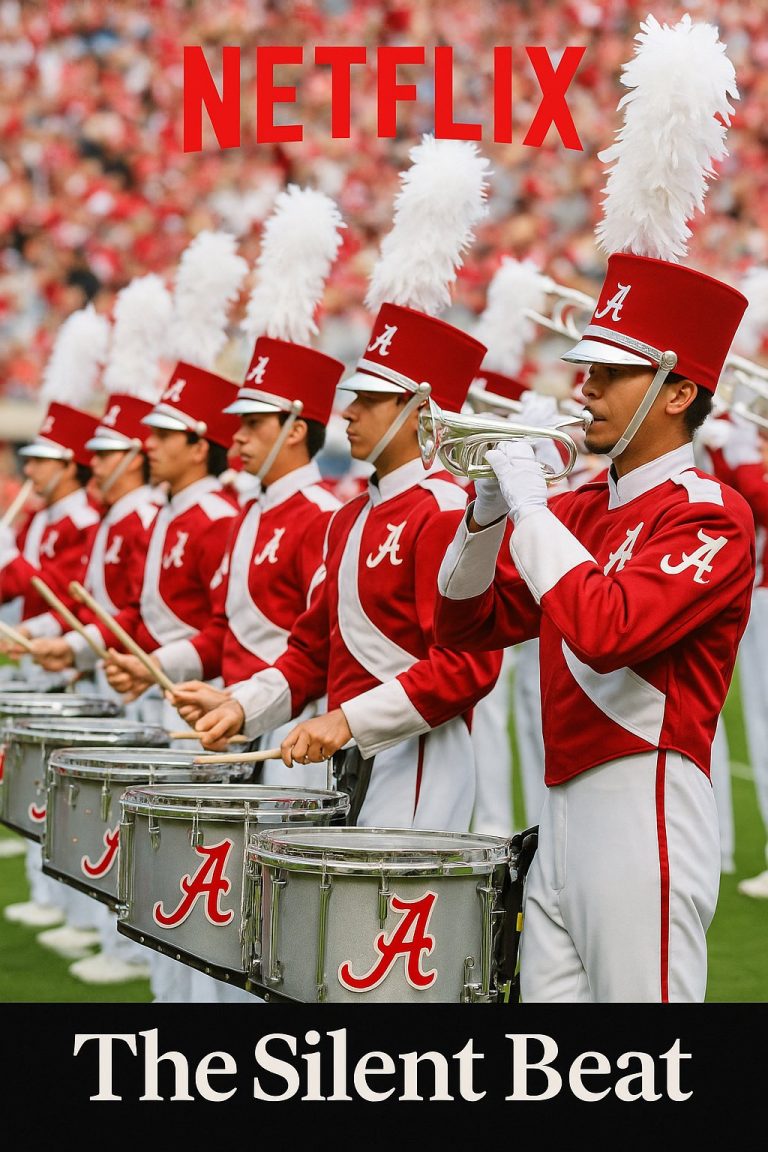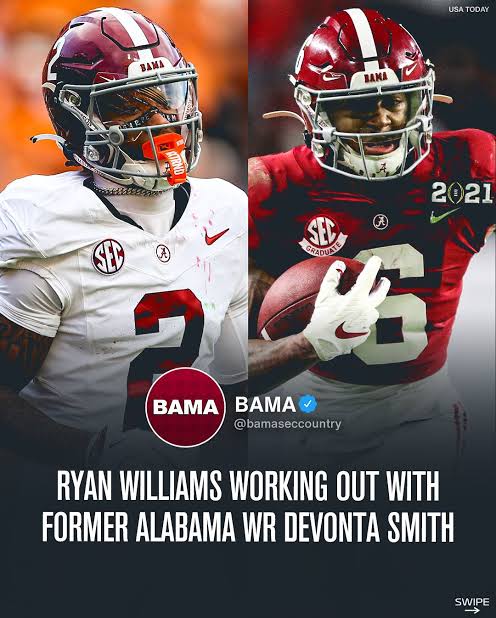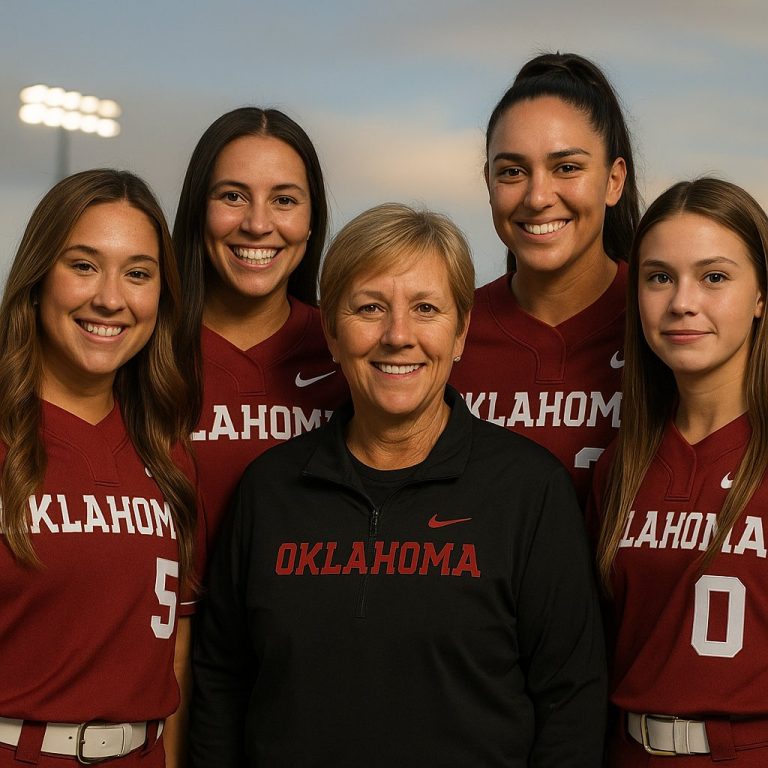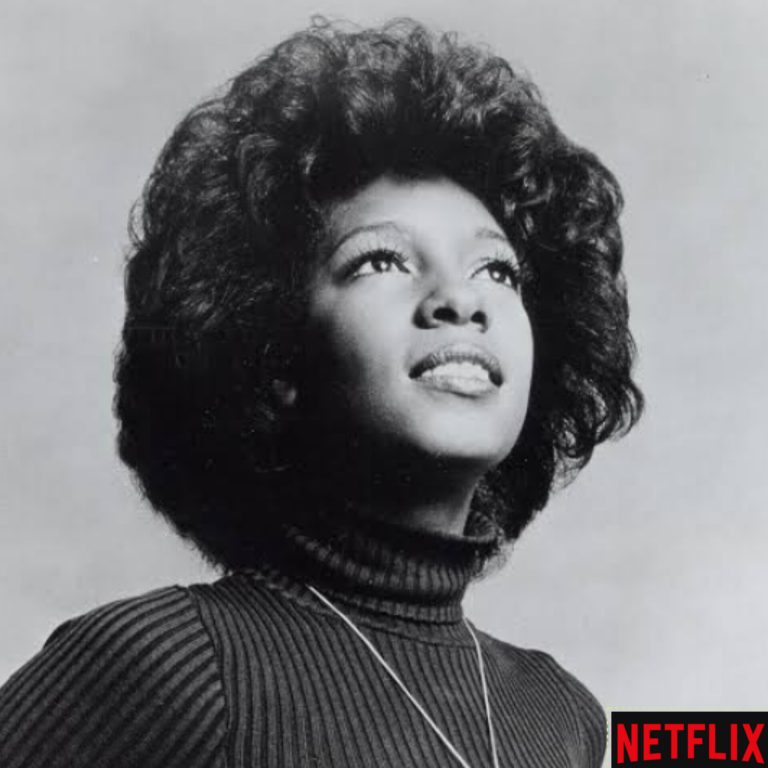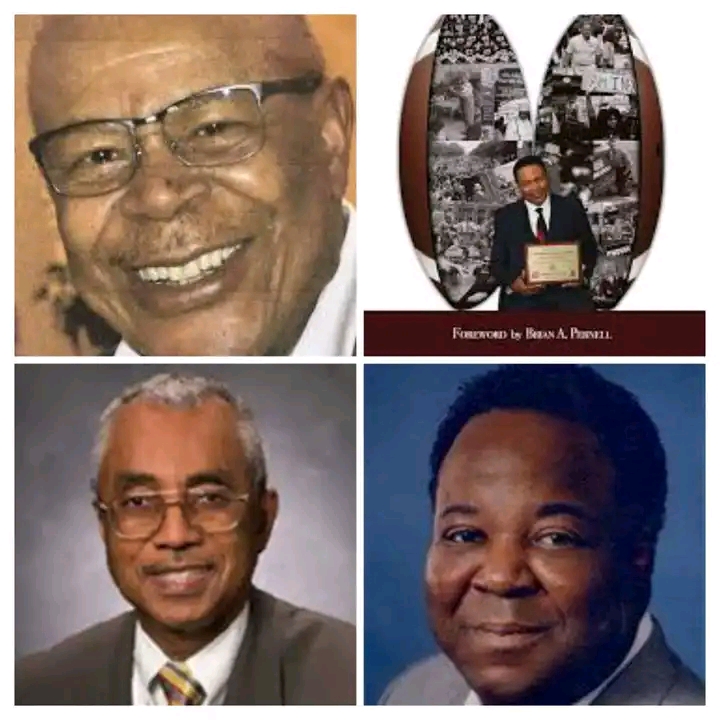
ALABAMA CRIMSON TIDE HISTORY: From Forgotten to Forever: The 5 Black Walk-Ons Who Broke Alabama Football’s Color Barrier Before History Was Read
When people talk about the legends of Alabama football, the names come easy. Bear Bryant. Joe Namath. Derrick Henry. Nick Saban. The championships. The dynasties. The dominance.
But beneath all that glory, in the long shadow of the stadium lights, lies a story that few know and even fewer remember.
It’s 1967. The Civil Rights Movement is still burning across the South. Martin Luther King Jr. is alive. Segregation still stains schools, streets, and stadiums. And in Tuscaloosa, Alabama, the Crimson Tide football program a symbol of pride and power remains an all-white team.
Until five young Black students dared to change that.
They weren’t recruited.They weren’t celebrated.
They walked on. Literally.
They had no scholarships. No support. No media cameras waiting to capture a historic moment. Just cleats, courage, and a will to play the game they loved even if history hadn’t made room for them yet.
Their names: Dock Rone. Andrew Pernell. Melvin Leverett. Arthur Dunning. Jerome Tucker.
They came to Alabama to get an education. But football was in their blood. They weren’t there to protest or make headlines. They just wanted a chance to run, to hit, to prove they belonged on the same field as any other man in crimson.
And they did.
Dock Rone and Andrew Pernell were among the first to try out. They weren’t treated like heroes. In fact, most people didn’t know they were on the team. Rone once recalled, *“I wasn’t thinking about breaking barriers. I just wanted to play.”
There were no welcome banners or TV interviews. No promises of playing time. They were treated like walk-ons which is to say, like nobodies. But that didn’t matter. Every sprint, every tackle, every weight lifted was a quiet act of revolution.
Melvin Leverett, Arthur Dunning, and Jerome Tucker soon followed. Together, they made the Crimson Tide’s practice squad. They weren’t the stars of Saturdays
They were the silent engines behind the scenes, pushing the team forward in drills, scrimmages, and locker rooms not yet ready to be shared.
Bear Bryant, the legendary coach, has long been mythologized for “breaking the color barrier.” But the truth is more complicated. Bryant didn’t recruit them. He didn’t stop them either. He saw them try out and, without fanfare, let them stay.
And maybe that quiet allowance was its own kind of progress in a time when others might’ve slammed the door shut.
But what these five walk-ons did was bigger than football. They cracked open a door that would never be closed again.
Just two years later, in 1969, Wilbur Jackson would become the first Black scholarship player at Alabama. In 1971, John Mitchell became the first Black player to take the field for the Crimson Tide. And by the time Alabama won another title, its roster looked a lot more like the state it represented.
None of that happens without Rone, Pernell, Leverett, Dunning, and Tucker. They were never starters. They never played in a game. But they were first and being first often comes with the heaviest load and the fewest rewards.
Today, their story still isn’t in most Alabama highlight reels. But it should be.
They were there before the country was ready. Before college football was ready. Before history was ready.
They didn’t have scholarships.
They had guts.
They didn’t have endorsements.
They had grit.
They didn’t have the spotlight.
But they had each other and the courage to step onto that field when nobody else would.
From forgotten to forever these five Black walk-ons helped change Alabama football. Not with trophies. But with truth.
And now, it’s time we remember their names.
Roll Tide Roll
